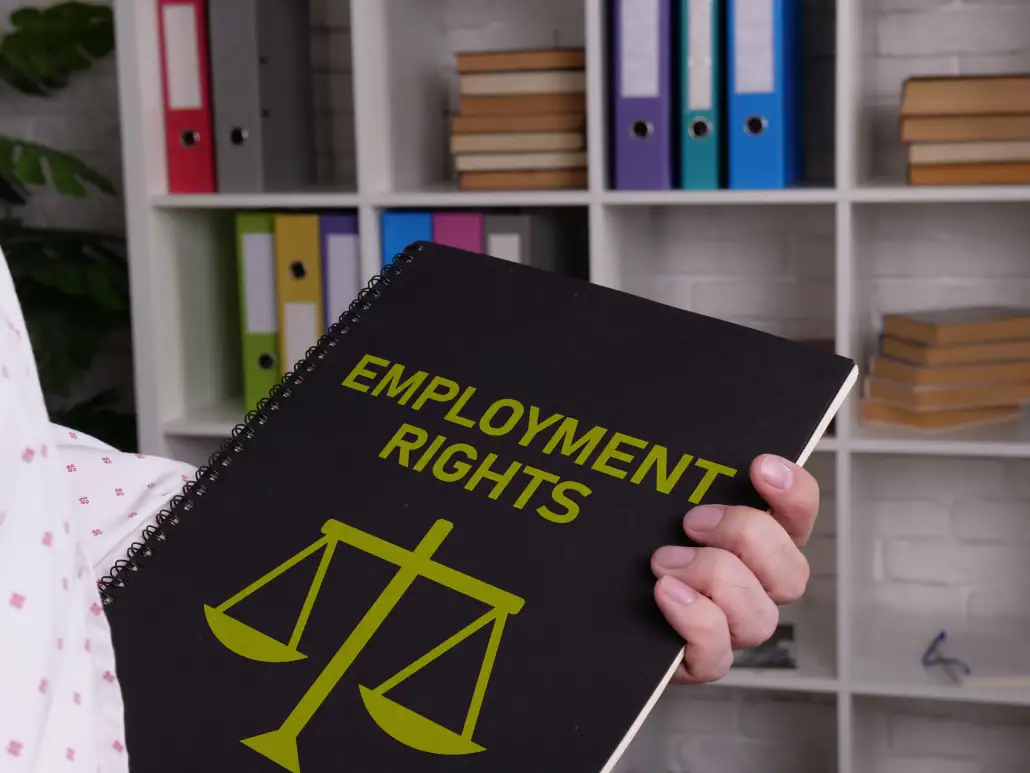Written Statements of Employment Particulars: what you need to know
Employers are legally required to provide employees and workers with a written statement of particulars of Employment. This document sets out the key terms and conditions of Employment and is often referred to as a Section 1 Statement.
Although some contractual terms can be agreed verbally or implied through conduct, the law requires certain information to be provided in writing. If there is no separate written contract, a Section 1 Statement will be persuasive evidence as to the terms of the contract between the parties.
When must the statement be provided?
For those starting work on or after 6 April 2020, there is no minimum service requirement for an employee or worker to be given a Section 1 Statement, and it must be provided no later than the beginning of the Employment. Some particulars may be contained in a reasonably accessible document that the Section 1 Statement refers to, and some particulars may be given in instalments but no later than two months after the start of the Employment.
What information must be included?
The Employment Rights Act 1996 sets out a prescribed list of particulars that must be included. In broad terms, the written statement must cover:
- The identity of the employer and employee
- The employee’s start date and any earlier service counting towards continuity
- Job title or a description of the role
- Place of work
- Pay and benefits
- Hours and working patterns
- Holiday entitlement and other paid leave
- Sickness and incapacity arrangements
- Notice and termination provisions
- Training requirements
- Disciplinary and grievance procedures
- Pension arrangements
- Data protection information
- Details of any collective agreements affecting employment
What happens if an employer does not comply?
An employee or worker may make a complaint to an Employment Tribunal where an employer fails to provide an accurate Section 1 Statement. The Tribunal will determine what particulars ought to have been included or referred to in the statement. Where an employee or worker also has a successful substantive claim in the Employment Tribunal, they may claim compensation in respect of the failure to provide particulars. The award is likely to be between two to four weeks’ pay.
For advice and representation on all your employment law needs please contact us.
- Saffron Walden: 01799 523 441
- Haverhill: 01440 702 485
- Sawston: 01223 832 939
You can also visit our website and get in touch via our Enquiries Form








